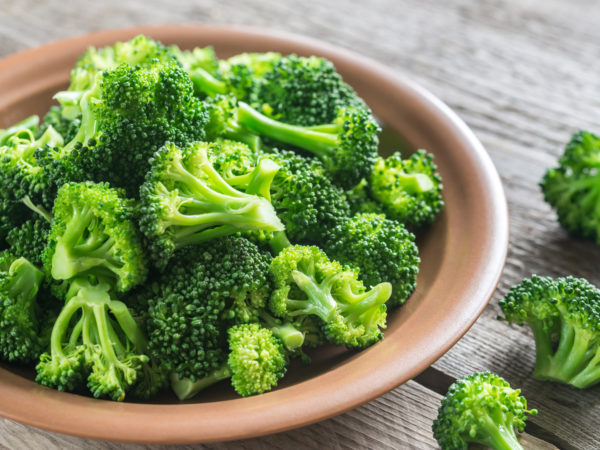Indole-3: A Broccoli Cure?
My doctor has recommended taking Indole-3 carbinol in 200 mg capsules. What are the pros and cons of this supplement?
Andrew Weil, M.D. | September 15, 2006

Indole-3 carbinol (I3C) is a compound that occurs naturally in broccoli, cabbage, and other cruciferous vegetables including Brussels sprouts, turnips, kale, cauliflower, and watercress. Some research in animals has shown that I3C inhibits the development of cancers of the breast, stomach, colon, lung and liver. If I3C works as well in humans as it does in animals, it could prove a useful adjunct to cancer treatment. However, laboratory studies have also found that I3C can actually promote cancer development in rats, so we’re a long way from understanding its benefits and risks.
So far, studies in humans suggest that taken orally, I3C can stop and even reverse precancerous changes in the cervix. More studies are needed to confirm this effect. Research into whether I3C can affect estrogen metabolism and activity and thus prevent estrogen-sensitive breast cancer suggests it has a benefit, but, again, more studies are needed to confirm it.
Population studies have shown that people who eat a lot of broccoli and other cruciferous vegetables have lower rates of cancer than those who don’t. Unfortunately, we don’t yet know what constituents of these vegetables are responsible for the protective effect. It may be I3C, the carotenoid pigments, vitamin C, or sulforaphane, a compound thought to suppress tumors. Or the cancer-protective effects may be due to two or more of these components acting together.
Until we have more information on the benefits of taking I3C as a dietary supplement, my recommendation for most women is to eat plenty of cruciferous vegetables, which will give you many proven cancer-fighting compounds, all in affordable and tasty forms. For women with estrogen-receptor positive breast cancer (or at high risk for it) who cannot tolerate large amounts of broccoli and its relatives, taking supplemental I3C may be a good idea.
Andrew Weil, M.D.










